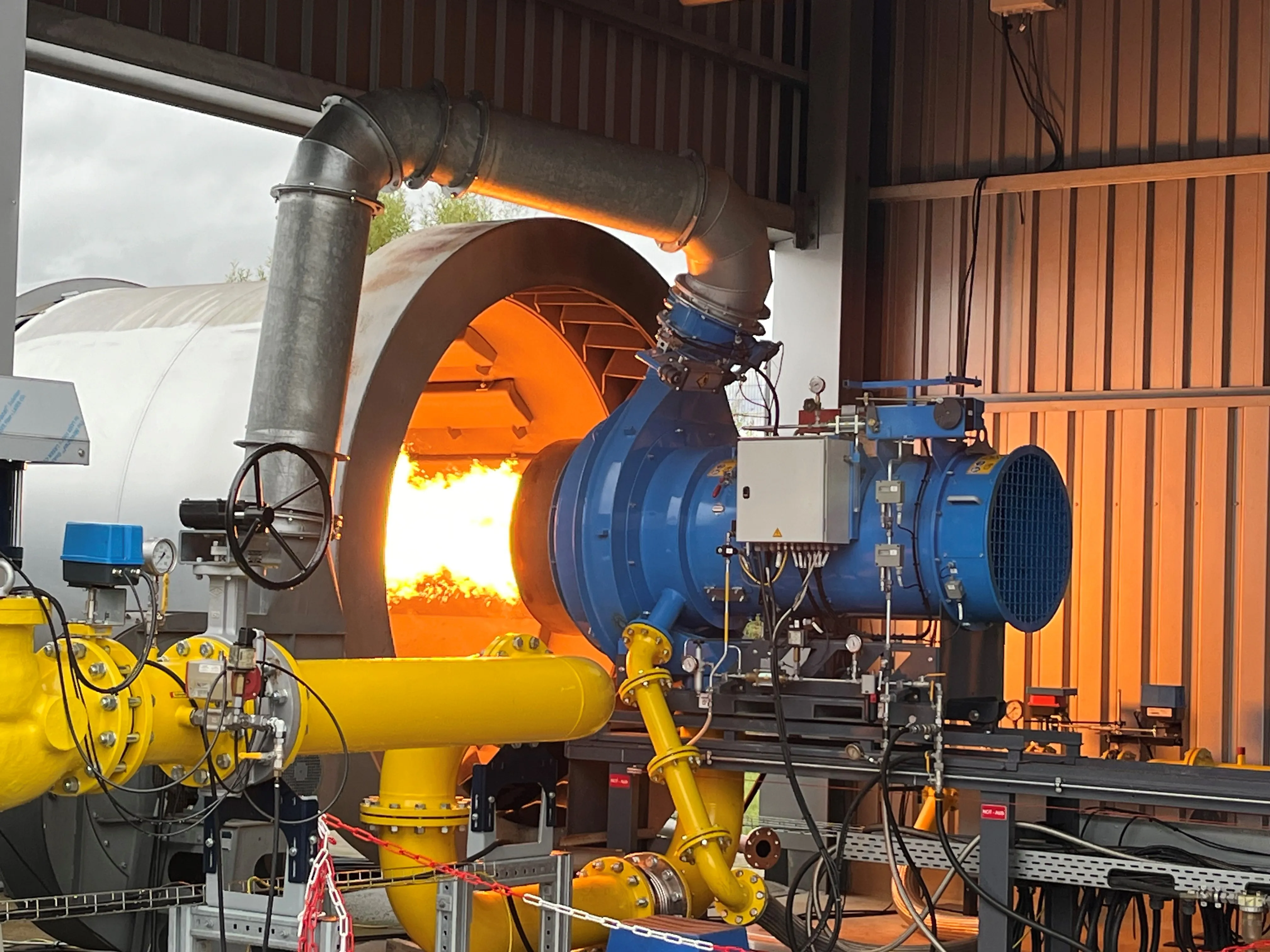In the first of a two-part article, Jack Opiola, a prominent global expert on transport policy and a leading member of IRF Geneva's Policy Committee on ITS, introduces the urgent need to develop new, more equitable revenue mechanisms to replace fuel taxes as a means of funding and maintaining road infrastructure
February 16, 2012
Read time: 5 mins

In the first of a two-part article, Jack Opiola, a prominent global expert on transport policy and a leading member of IRF Geneva's Policy Committee on ITS, introduces the urgent need to develop new, more equitable revenue mechanisms to replace fuel taxes as a means of funding and maintaining road infrastructure
It may not be obvious to everyone yet but the fuel tax, the lifeblood the United States has relied on for 80 years to maintain and improve its roads and transit systems, is now officially in jeopardy. Increased vehicle fuel efficiency and a poor economy already hamper fuel tax revenue production: now a recent federal policy move has turned the fuel tax into an anachronism.Last month, the federal government announced a sizeable increase in the Corporate Average Fuel Economy standards (CAFE) for new vehicles, bumping the required average of 35.5 miles (approximately 57km) per gallon (3.79litres) in 2016 to 54.5 miles per gallon by 2025 (54.5mpg equals 87.7km/gallon or 22.6 km/litre).
This action, though laudable from the policy perspectives of reducing both greenhouse gases and reliance upon foreign oil, will have a devastating impact on highway funding if Congress does not take corresponding action to identify revenue that is not based on fuel consumption.
Current signals from Congress are mixed. The House has proposed to limit spending to the level of fuel tax collected while the Senate wants to augment these funds with additional revenues to stimulate the economy and foster job growth.
The differences between the parties are vast. The nation's highway infrastructure is too important and critical a utility to face an ongoing crisis as to how it should be funded.
Despite congressional differences, one fact is clear. Some cars on our streets already contain much of the technology needed to meet the new CAFE standards.
We see many hybrid electric vehicles that approach 50 miles/gallon. Now entering the marketplace are electric vehicles and plug-in style hybrid vehicles such as
Every major automobile manufacturer has at least one electric (EV), plug-in hybrid (PHEV), or advanced hybrid model ready for market entry in the next 2-3 years.
These new extraordinarily fuel-efficient vehicles will essentially pay little to no fuel tax.
As the nation's motorists purchase and operate this new, highly efficient fleet of vehicles, and fuel tax revenue declines, it will become obvious that the fuel tax is simply not a viable mechanism to fund or maintain our highway infrastructure.
To merely increase the fuel tax to cover the lost revenues will not solve the problem. Doing so would create an ever-widening inequity between owners of highly fuel-efficient vehicles and those who, for various reasons, lack market availability, vehicle function or purchase price. These vehicle owners would continue operating traditional automobiles and pay a heavier burden then their EV, PHEV and advanced hybrid neighbours. Even if raising the fuel tax did not carry such significant equity issues, it would still not be feasible. In an era of permanently high fuel prices, it is extremely doubtful whether policymakers could muster the political will to raise the fuel tax to the level needed to preserve revenues.
In common with many other countries, the US must find an alternate funding source to maintain the health of its highway system and its positive multiplier on jobs and the economy.
Policymakers have considered replacements for the fuel tax, including sales taxes, registration fee increases, personal or real property taxes, income tax hikes, value-added tax, the tolling of high capacity highways, taxes on oil company profits and others, but each shifts the burden of paying for the roads from one type of user to another, or even to non-users.
In almost all of these scenarios, the horizontal or vertical equity of the proposed alternatives may be worse than the current system. The only fair way to apportion road costs is based on usage. After all, the fuel tax is based on use, but its consumption-based formula is woefully out of date and not correctable.
Some saw the decline of the fuel tax coming more than a decade ago when hybrid electric automobiles first became available. That is when the states of Oregon and Minnesota, and the University of Iowa started work on developing a tax on miles travelled as an alternative to the fuel tax on gasoline. Called the Vehicle Mileage Tax or VMT, policy experts envisioned this new tax on highway usage as a replacement for the fuel tax as the principal funding mechanism for the nation's road system. Its concept is simple: the more miles you drive, the more you pay.
Since two congressional commissions on transportation funding endorsed the mileage tax as the most viable alternative to the fuel tax, in 2008 and 2009 respectively, the nation has done little to advance the discussion about replacing the fuel tax with a tax on mileage.
Hampering the policy dialogue are perceived privacy implications of using GPS receivers to meter mileage, as well as concern over a new government bureaucracy.
The early mileage tax pilot programmes did, indeed, require GPS receivers, albeit without retention of personal data or tracking of individual vehicle movements. As a result, many have come to regard the mileage tax as synonymous with a government mandate for GPS metering devices. This view is increasingly erroneous. Other pathways are now available for implementing a VMT.







